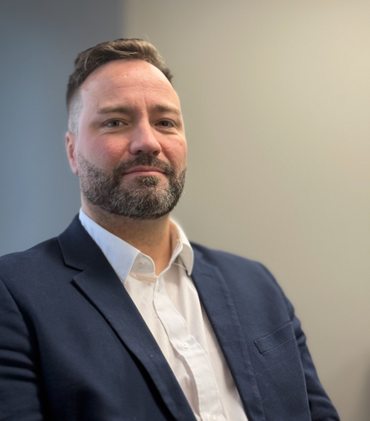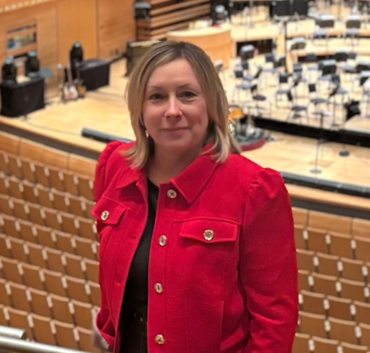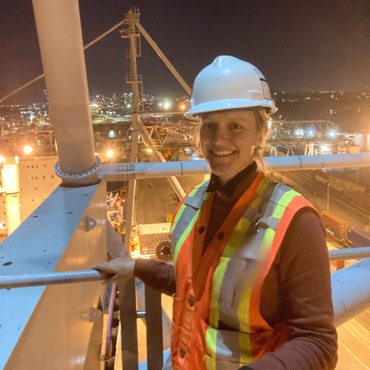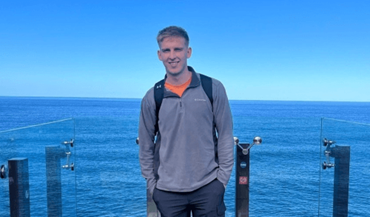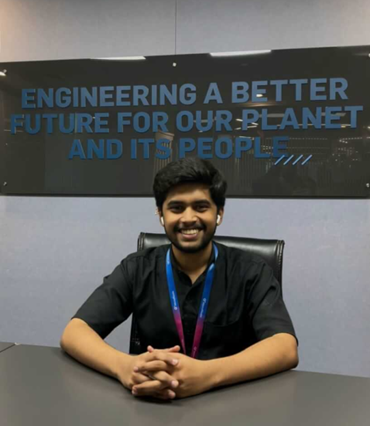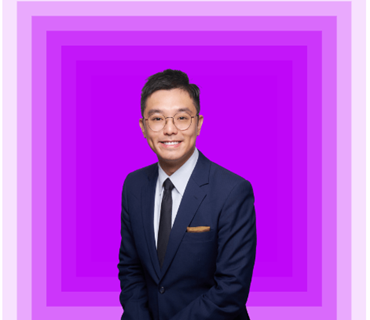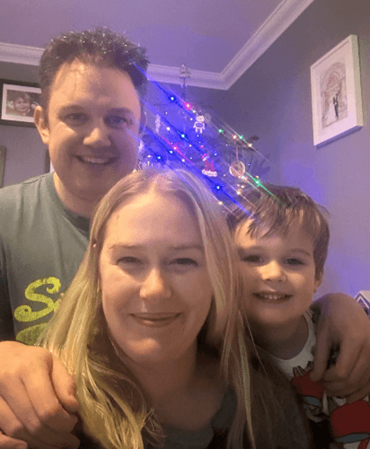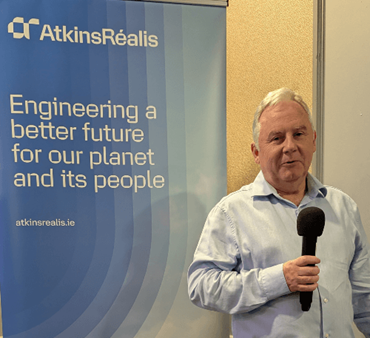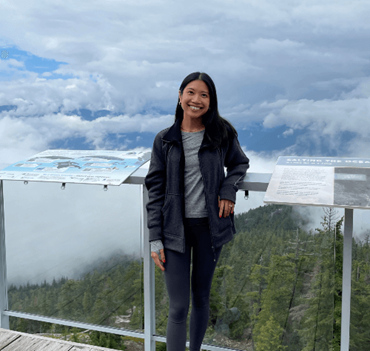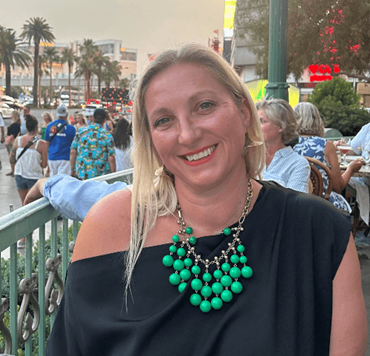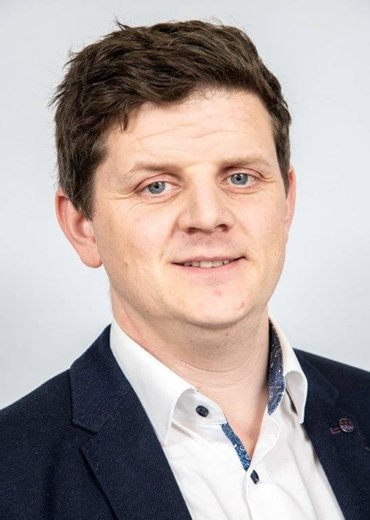Let’s find your next opportunity
AI Assistant: {{ chat.assistant.message }}
Suggested roles matches
Sort By
{{ job.job_posting_title }}
{{ job.is_cms_job ? (job.cities.split(';').length > 1 ? 'Various locations' : job.location_mappings[0]) : (job.location_mappings.length > 1 ? 'Various locations' : job.location_mappings[0]) }}
We are sorry there are no jobs that match your exact criteria. Try a new search term, or use the filters to continue browsing for available opportunities.
Suggested roles matches
{{ job.title }}
{{ [job.cities[0], job.regions[0], job.countries[0]].join(', ') }}
Various locations
We are sorry there are no jobs that match your exact criteria. Try a new search term, or use the filters to continue browsing for available opportunities.
Let’s find your next opportunity
{{ job.job_posting_title }}
{{ job.is_cms_job ? (job.cities.split(';').length > 1 ? 'Various locations' : job.location_mappings[0]) : (job.location_mappings.length > 1 ? 'Various locations' : job.location_mappings[0]) }}
This February 11, we're marking International Women and Girls in Science Day on a global level as part of our Global Equality, Diversity & Inclusion (ED&I) Program and our focus on ED&I UN International Days.
This year's theme of "equality, diversity, and inclusion: water unites us" recognizes the role of women and girls in science, not only as beneficiaries, but also as agents of change, including in view of accelerating progress towards the achievement of as 'Goal 6' of the United Nations' sustainable development goals: Clean Water and Sanitation.
To mark the day, we've interviewed Sheila Duchek, Service Manager, Hydrogeology & Earth Sciences, Canada who talks about her career and her passion for groundwater projects, her advice to aspiring engineers and her favourite projects she has worked on.
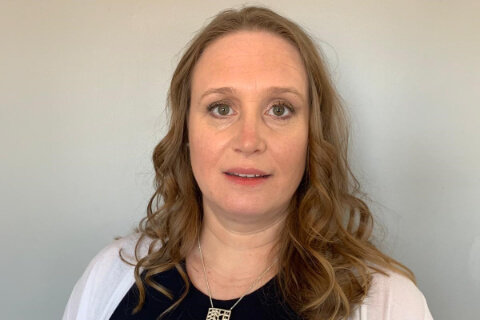
Tell us a little bit about your professional background?
I have been a practicing hydrogeologist for 20 years, based in Calgary, Alberta. I have a Bachelor of Science degree in Applied Environmental Geology and a Master of Science degree in Quaternary Geology, both from University of Calgary. My focus has been working on groundwater projects in Alberta, although I support clients with project sites from coast to coast to coast across Canada. My key technical specialities include contaminated sites assessment, groundwater management, water resources exploration and development, water supply management and regulatory support addressing water issues. My passion is providing guidance and developing career growth opportunities for the next generation of professional hydrogeologists.
This year, International Women and Girls in Science Day has a special focus on SDG (Sustainable Development Goal) 6 – Clean Water and Sanitation. Can you tell us a little of your experience in helping further this goal in your career?
A defining role in my career has been to help people effectively and sustainably manage water resources. Everyday, I am approached with questions and issues related to water, but particularly, challenges with a groundwater-focus. I provide advice, develop solutions, and collaborate with stakeholders to sustainably manage water resources on behalf of municipalities, corporations, industries, governing bodies and even individuals. Critical to the success of effective water resources preservation is: strong leadership focused on long-term planning; engaged assessment; and creating adaptive solutions. My goal is to bring this to work with me everyday!
Water has always been a valuable resource. In the future it will be more valuable than ever due to severe water stress and water scarcity. What do you think the biggest impact of this will be in society?
Severe water stress and water scarcity brings political disorder. We have observed conflict, and even war, over water resources and this will continue. I believe differing opinions on resource allocation will test our society. I also believe these diverse interest groups will clash, and our political leaders will be challenged to maintain equality. Further, negative economic impacts will perpetuate through all sectors and disparity between communities will be exacerbated.
However, I am an optimist. I believe water stress and water scarcity is already driving innovation and with increasing pressures on water resources, there will be more funding available to promote rehabilitating lower quality or damaged waters. In addition, further assessment of previously undervalued water resources and improved conservation of our current resources will become increasingly relevant. Currently, I am lucky to work with concerned clients who want to better understand their water resources, embrace conservation, and develop effective management policies, processes, and tools for sustainable water use.
What advice would you want to pass along to women and girls who are thinking about a career in engineering?
My career in hydrogeology has been enormously fulfilling and I highly encourage women and girls to consider this career. I believe women bring a special perspective; women are inherently creative, tenacious and have an ability to connect people. These essential traits, when fused with mastery of a technical craft, will propel our future field of engineering to solve complex challenges, such as addressing water stress and water scarcity.
What is the coolest project that you have worked on?
I managed a regional groundwater monitoring program to assess water quality across the oilsands in Northern Alberta. This project was technically challenging with complex drilling in the remote Canadian wilderness. Managing the project required carefully and tactfully balancing stakeholders' varied backgrounds and interests. The work was scrutinized by representatives of the provincial government, Environment Canada, oilsands producers, researchers, and academia. The project included data review from hundreds of groundwater monitoring wells, assessing historical and recent hydrostatic pressures and geochemistry data; aquifer tests; and numerical models to forecast groundwater conditions.
What is the best advice you were ever given? Who was it from?
I was very fortunate throughout my career to have supportive mentors who challenged me and pushed me outside my comfort zone. Advice was not given as a single gem of wisdom, rather they gave me their time and vocal approval over many years, providing me with a strong foundation of support and wisdom. The best mentors, and those who were most influential to me, repeatedly acknowledged my accomplishments and growth, and were always available when I needed help. They provided me with opportunities and the encouragement I needed to embrace the new challenges. I took on projects and said "yes!" to once-in-a-career opportunities because of their unwavering support. My career has been highly rewarding and technically diverse because of them.
Related blogs
Related jobs
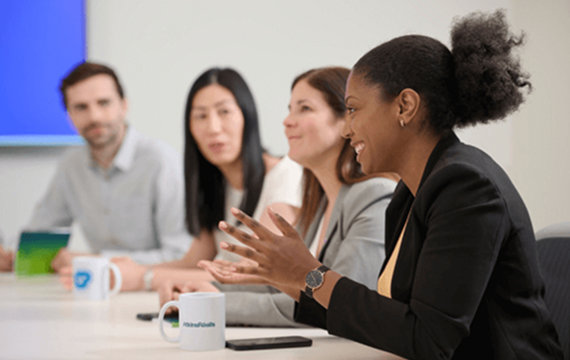
Everyone belongs
We empower each individual to shine and contribute to our collective impact. We believe in the power of unique perspectives. It’s how we’re engineering a better future every single day.


